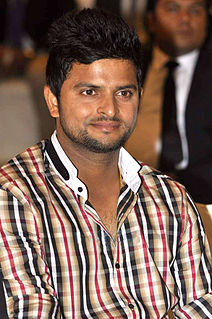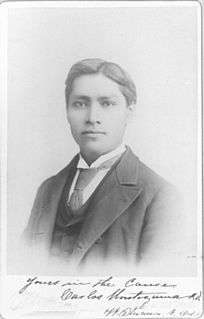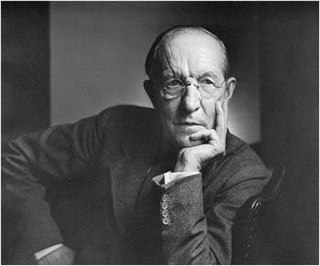A Quote by N. Scott Momaday
The spiritual reality of the Indian world is very evident, very highly developed. I think it affects the life of every Indian person in one way or another.
Related Quotes
To many, Indian thought, Indian manners; Indian customs, Indian philosophy, Indian literature are repulsive at the first sight; but let them persevere, let them read, let them become familiar with the great principles underlying these ideas, and it is ninety-nine to one that the charm will come over them, and fascination will be the result. Slow and silent, as the gentle dew that falls in the morning, unseen and unheard yet producing a most tremendous result, has been the work of the calm, patient, all-suffering spiritual race upon the world of thought.
Indian forms of yoga have spread throughout the world due to their objectives of promoting health and harmony. Japan is but one of many countries that have received these age-old teachings. While Indian yogic disciplines (Hatha yoga in particular) have become well known, not everyone realizes that certain distinctive Japanese versions of Indian spiritual paths have evolved. Perhaps the first of these unique methodologies is the art of Shin-shin-toitsu-do, which was developed by Nakamura Tempu Sensei (1876-1968). In fact, Nakamura Sensei is often considered to be the father of yoga in Japan.
I had an Indian face, but I never saw it as Indian, in part because in America the Indian was dead. The Indian had been killed in cowboy movies, or was playing bingo in Oklahoma. Also, in my middle-class Mexican family indio was a bad word, one my parents shy away from to this day. That's one of the reasons, of course, why I always insist, in my bratty way, on saying, Soy indio! - "I am an Indian!"





































